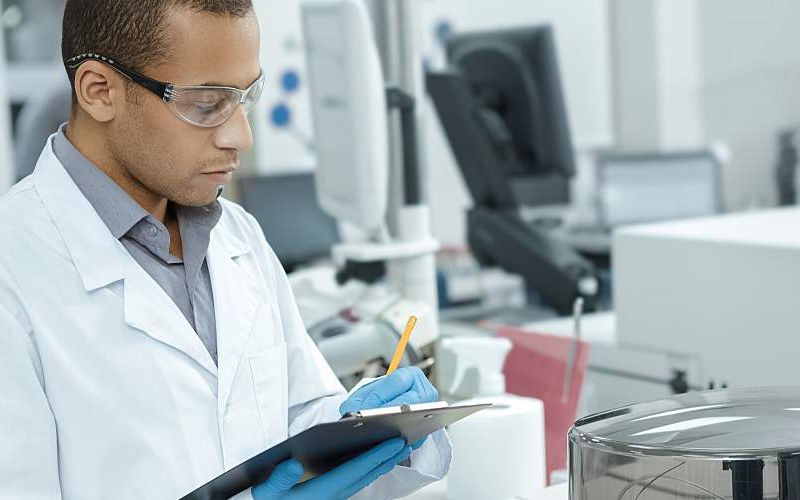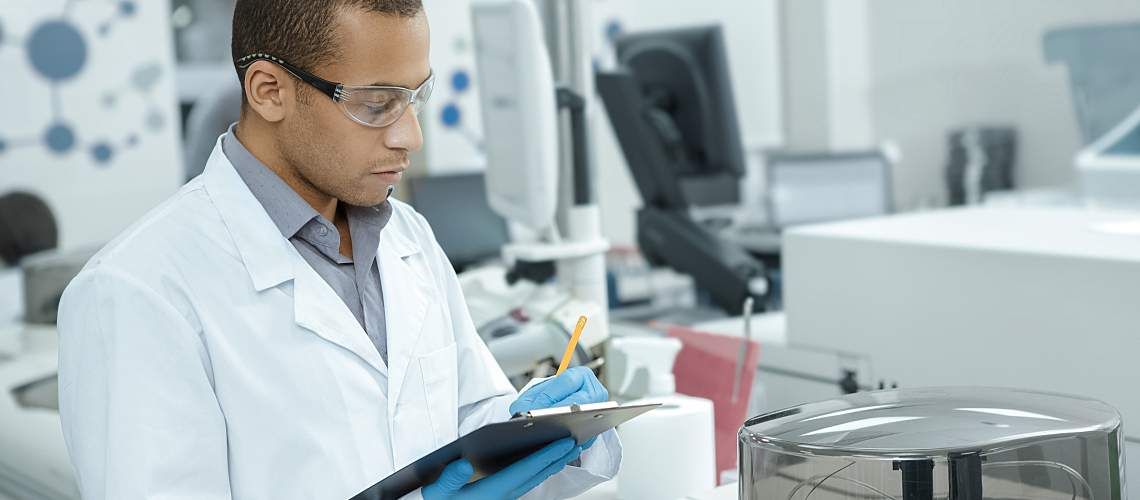New European Union Reference Laboratories Promote Public Health


Six new European Union reference laboratories for public health were launched on January 1, 2025. The labs aim to strengthen outbreak response, improve water quality testing, and inform future water standards. This marks a major step by the European Centre for Disease Prevention and Control (ECDC) in coordinating disease surveillance and response across the European Union (EU).
Notably, one of these new laboratories is dedicated exclusively to Legionella, the waterborne pathogen responsible for Legionnaires' disease. This development could have significant implications for labs conducting water quality testing—especially those monitoring potable and building water systems for Legionella pneumophila—and reflects a broader movement toward more robust and harmonized testing across borders.
Let's take a closer look at the purpose of reference laboratories, implications beyond Europe, and potential impact on standards.
The Role of Reference Laboratories
Reference labs play a critical role in setting scientific and technical benchmarks. They help evaluate new technologies, develop and validate methods, and contribute to the scientific evidence that supports international standards and regulatory frameworks. For example, the World Health Organization (WHO) and the International Organization for Standardization (ISO) often rely on reference lab findings when drafting guidelines or revising testing protocols.
By focusing on harmonization, the European Union reference labs also make it easier to compare data between countries, improving the EU's ability to respond to large-scale outbreaks or emerging infectious threats. Many EU countries are strengthening their surveillance frameworks and updating national guidelines in parallel with the establishment of the new reference lab structure. For water labs, this translates to a stronger scientific foundation for shared methods and procedures.
In addition to Legionella, labs are focusing on:
- Antimicrobial resistance in bacteria
- Vector-borne viral pathogens
- Emerging, rodent-borne, and zoonotic viral pathogens
- High-risk, emerging, and zoonotic bacterial pathogens
- Diphtheria and pertussis
Lab activities will ensure results are consistent and actionable across regions.
Implications for Water Testing Laboratories Worldwide
Experts expect the European Union reference labs to have an impact that extends far beyond the EU. Reference labs often serve as hubs for method innovation, interlaboratory comparisons, and regulatory input, shaping the future of environmental microbiology standards. The establishment of a reference laboratory for Legionella, in particular, reinforces the importance of accurate and standardized methods. This has become an area of growing concern as climate change and aging infrastructure contribute to new waterborne risks.
The EU has tasked the Legionella reference laboratory with assisting member states in improving detection and supporting the standardization of sample preparation, culture methods, and molecular assays. In the U.S., building water management programs already include Legionella testing, and some high-risk facilities, such as hospitals and long-term care centers, occasionally mandate it. Lab managers should be aware of how these developments could influence ISO standard revisions or cross-Atlantic regulatory alignment.
The Benefits of Consistency and Collaboration
The new EU reference laboratories come at a time when the global water test industry is facing increasing complexity. From antibiotic resistance to climate-driven shifts in water quality, labs are under increasing pressure to deliver fast, accurate, and defensible results.
The EU reference labs will offer proficiency testing, training, and technical assistance to national laboratories, helping close gaps in capabilities and promoting best practices. Over time, this could lead to tighter integration between regulatory expectations, accredited methods, and lab operations.
For U.S. laboratories, it serves as a reminder of the value of participating in standardization efforts through organizations such as The NELAC Institute (TNI), Standard Methods, and ISO. By contributing to method development and staying current with international reference practices, labs can establish a leadership role in safeguarding public health.
Impacts on Global Water Quality Testing
As the EU reference labs continue their work, laboratories everywhere should monitor how this new infrastructure influences global water testing practices. Whether through collaborative studies, updated protocols, or new training materials, the water testing community as a whole may feel the ripple effects of the EU's investment in public health.






